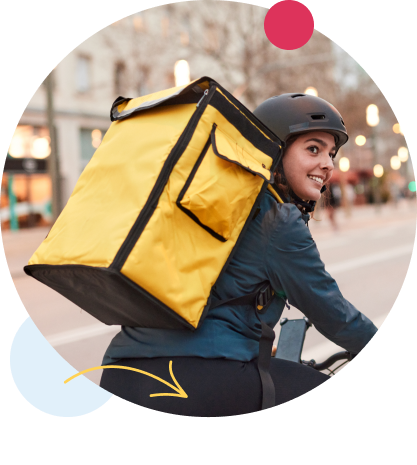The NDSS is administered by Diabetes Australia
Menu
- /
- Study and work
Starting study or a new job can be exciting, and diabetes shouldn’t be a barrier to your career goals and dreams.
Although it’s usually a personal choice whether to disclose your diabetes to your employer, there are situations where it’s necessary to do so. These situations include driving a company vehicle, operating heavy machinery, or when side-effects of medications might impact your safety at work.
Also, disclosing your diabetes to co-workers can help them support you if you have a low blood glucose levels (hypoglycaemia or hypo for short).
There are laws to ensure that a medical condition, like diabetes, can’t be used as unfair grounds for refusing you a job or promotion, or dismissal.
If you feel you’re being treated unfairly, ask for help.







Everyone who has type 1 diabetes is at risk of hypos. Make sure your co-workers, peers and first aiders know how to recognise the symptoms and treat a hypo. Universities and further education colleges have support services that can give you advice and assistance. They can also protect your right to look after yourself and your diabetes during classes and exams. You’ll need to register with the support service when you enrol to study.
If there’s a health service on campus, make an appointment to see the doctor or nurse so they know about your diabetes in case you need urgent treatment.
Australia has laws to help give people with a disability or a condition like diabetes the same chance at a career as others. This means your employer or study place may need to make “reasonable adjustments” so you can do your job or succeed in your studies.
Some examples of reasonable adjustments for an employee with diabetes might include the following:

When you have diabetes, you’re legally required to tell the transport and licensing authorities in your state or territory. You must let your employer know if you drive a company car for work too.
This is important because if you haven’t let the authorities know, and are involved in an accident, you could be charged with breaking the law. You could also be sued financially and find your employee’s insurance doesn’t cover you because you didn’t disclose your diabetes.
Driving with diabetes always comes with added responsibilities.
Some jobs are considered “safety sensitive”. This means you may put people, property, or the environment at risk if you have a hypo.
Be honest about your diabetes and any potential risks you may face on the job. It’s also important to highlight your strengths and ability to manage your diabetes effectively. Some employers may require additional medical assessments or clearances before hiring someone with diabetes, so it’s important to be prepared and have any necessary documentation from your doctor or diabetes health professional. It’s also important to remember that having diabetes doesn’t have to limit your career choices, and there are many successful professionals with diabetes in a variety of fields.



Careers and jobs open to those with diabetes are always changing. If you’re interested in applying for any job and you’re unsure, just ask. There are staff in recruitment, human resources or medical advisory roles who can help you. There should be clear policies and procedures in organisations where safety is a factor.
Remember that restrictions may apply depending on the type of diabetes you have and how you manage it.
Australian Defence Force
Police force
Fire and ambulance services
Jobs that use dangerous machinery or a flight cabin crew member
Transport of dangerous materials or large cargos
Working at heights